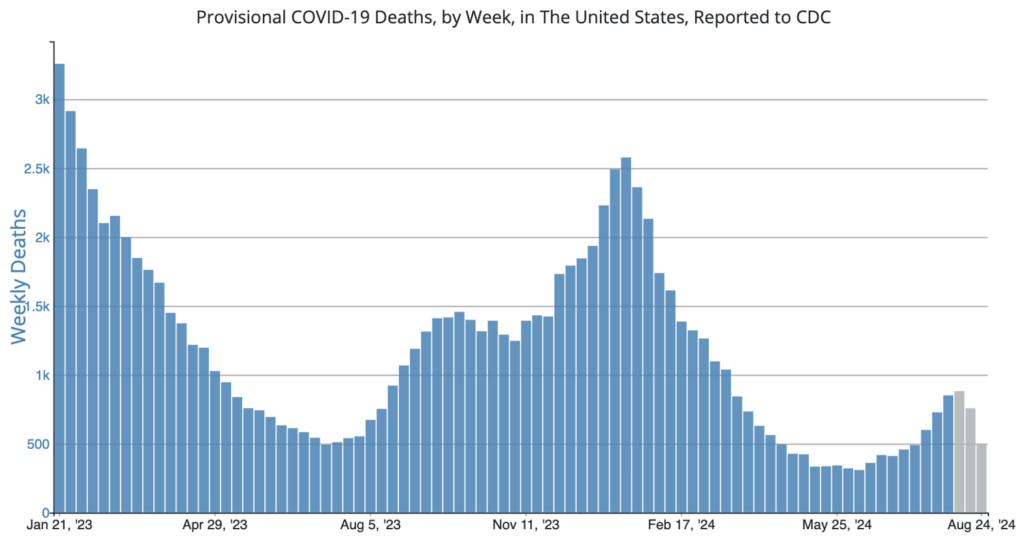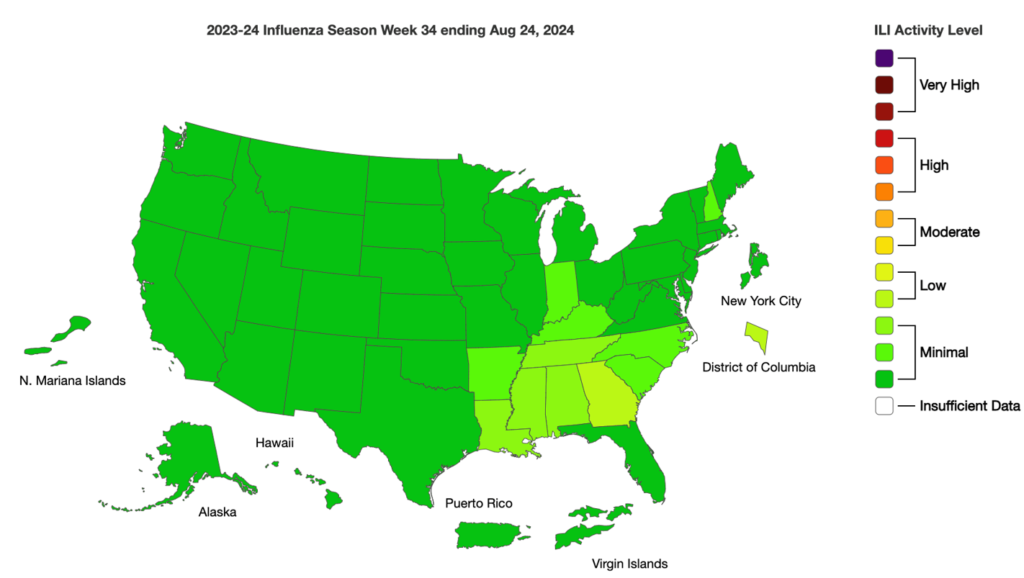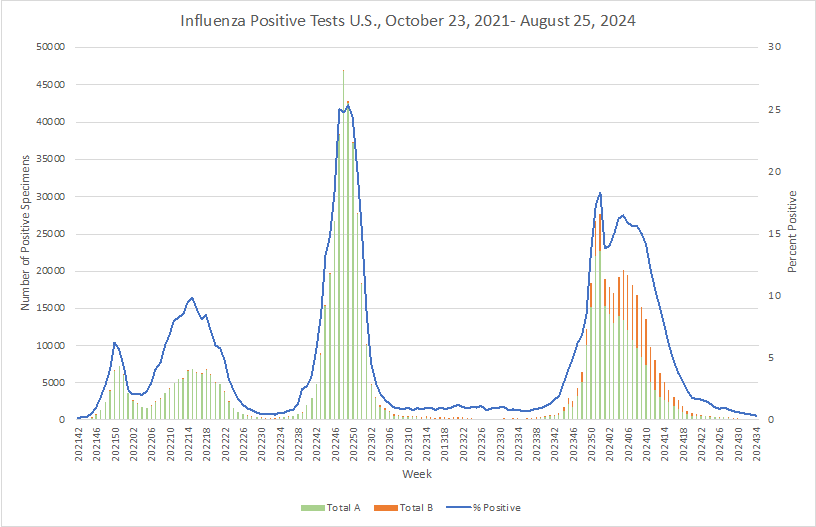Although cases of pertussis, better known as whooping cough, have significantly increased in the U.S., Canada, Europe and other areas in the last year, the situation is not as dire as it may seem. This is because of both the cyclical nature of the disease and the numbers being comparable to pre-pandemic levels.
The U.S. and Canada have each reported more than 12,000 pertussis cases year to date, with the EU reporting more than 32,000 through March, the levels are all comparable to pre-pandemic levels. Additionally, with the last spike in 2019, we are right on track with the 3- to 5-year cyclical nature of the disease.
Similar to the increase of other infectious diseases since the pandemic, the lower than typical disease rates during the pandemic were likely due to the infection mitigation measures that were used then (e.g., masking, remote learning) which also lowered transmission of pertussis. But with the world returning to “normal,” disease rates have done the same.
What hasn’t returned as much to normal, is that vaccine rates overall have tended to be lower than recommended, potentially due to ongoing vaccine hesitancy from the pandemic. However, with CDC expecting pertussis cases to increase in both unvaccinated and vaccinated persons, primarily because vaccination protection wanes over time, the agency stresses that the best way to prevent pertussis is through vaccination.
The current recommendation is a series of DTaP (Diphtheria-Tetanus-acellular Pertussis) vaccines for babies and young children, a single dose of Tdap (Tetanus-diphtheria-acellular Pertussis) at 11 through 18 years of age, then a Td or Tdap vaccine every 10 years. Because the emphasis of these vaccines is often on the tetanus aspect, some people don’t realize they’ve had a recent pertussis vaccine.
For more information on Pertussis, see TAG’s Pertussis Fact Sheet, or give us a call for assistance.
COVID Risk Matrix:

Influenza:


- The CDC recommends getting your influenza shot by the end of October at the latest. Generally speaking, your immunity peaks a week or two after a flu shot. Even after it peaks, protection lasts five or six months. This is typically enough protection to get you through flu season, which tends to begin in October and end in March or April.
- So far in 2024, there have been 2,278 laboratory-confirmed measles cases reported in England with the majority in children under 10. Health officials are urging that vaccination be done before children return to school. Research has found that such public health messaging drove an uptick in vaccines by about 5%.
- A norovirus outbreak in Japan that affected at least 120 people is likely linked to a river near the Todoroki Falls in southwestern Japan.
- More than 12,000 cases of whooping cough have been reported to date in 2024 in Canada. In a typical year, 500-4,500 cases are reported. The majority of the cases are in Quebec among youth aged 10-24. Health officials believe the increase is due to the cyclical nature of this disease and lower vaccine rates.
- A resident of Hampstead, New Hampshire, has died after contracting eastern equine encephalitis (EEE), marking the first human case in the state in a decade. The individual, who experienced severe central nervous system symptoms, was hospitalized prior to their death, according to the New Hampshire Department of Health and Human Services. EEE is a rare but serious mosquito-borne virus that can lead to severe neurological disease, with about one-third of cases proving fatal. This summer, the virus has also been detected in neighboring states, including Massachusetts and Vermont. Health officials are urging the public to take precautions against mosquito bites, such as using insect repellent and removing standing water around homes, as there is no vaccine or specific treatment for EEE.




